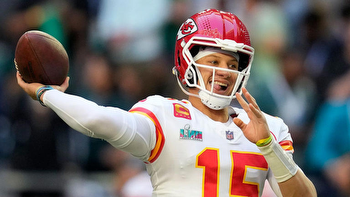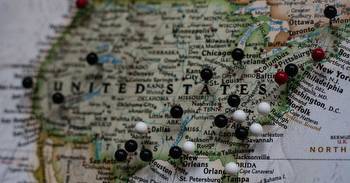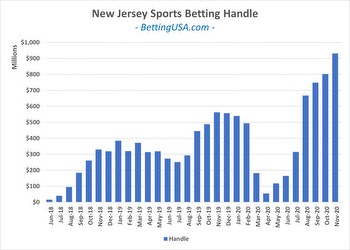The Growth of Online Gambling in the United States

Online gambling represents a fast-growing industry in most countries on the planet. Some adopted it sooner, some later, the others are yet to embrace the niche, but nobody can deny online gambling’s rapid expansion. We all knew the United States as one of the strictest markets for this specific industry in the last couple of decades. However, everything changed in May 2018. With the help of the experts at bettingPicks4you we have summarized below all the most important changes in recent years when it comes to online gambling in the US.
The PASPA repeal
May 14, 2018 was a crucial day in the history of online gambling in the United States. On this day, the US Supreme Court ruled out the Professional and Amateur Sports Provision Act (PASPA). It was an act that prohibited any kind of online sports betting across the country. Its repeal gave the option to all individual states to make their own decision on this matter.
The earliest movers were New Jersey, New York, Delaware, Mississippi, and Pennsylvania. Monmouth Park Racetrack in New Jersey thus became the maiden sportsbook available for bettors outside of Nevada. As expected, New York closely followed the pattern, allowing its residents to place legal wagers on their favorite sports teams. We all know that New York is a huge betting market as a home to the governing bodies in some of the most popular professional leagues such as the NBA, NFL, and MLB.
The new gambling culture in the states
It is hard to ignore the inevitable connection between gambling and the United States. More than half of the planet’s leading casinos are located in North America. The American Gaming Association released exciting data back in 2021, showing that commercial gambling has accrued around $53 billion in revenue in one year. You add taxes, media, TV ads, and a host of other gambling-related pastimes to the mix and you can easily understand the benefits for each state that has adopted online gambling by now.
Data Bridge Market Research
Data Bridge Market Research deals with growing appeals, future trends, and the sizes of markets. They have put together a great market analysis for online gambling in 2022, utilizing advanced techniques and recognizing both challenges and opportunities in the market in the process. The obvious growth in the popularity of online gambling has cleared the path for the continuous rise in all kinds of numbers in this sphere.
The main studies have shown a huge rise of 14% per unit for the online gambling market in the United States from now to 2028. By then, it is estimated that the market will bring close to $145 billion annually.
It is easy to understand the reasoning behind such numbers. The constant growth in online gambling comes in conjunction with the continuous rise in technology. New smartphones appear every single year, bringing online casino games closer to people. Digital e-wallets also help the case, making it possible for people to place wagers in just several clicks without the need for leaving the comfort of their homes at all.
Additional growth expected
We have witnessed many more studies on this matter and all have one thing in common. The market is only going to get bigger in the years. UnivDatos Markets Insights are thus predicting a 10% growth in the online sports betting industry in the United States from now to 2027.
Their analyses show the continuous expansion of each sport, including hockey, basketball, football, and baseball, etc. as well. We can already see the biggest online betting companies in the United States heavily advertised in pretty much any significant sports show or match in the country.
To sum it all up, the United States represents a huge market in this industry both because of the local gambling culture (Americans love casinos) and the availability of huge sports franchises that constantly attract attention (just think of Super Bowl) even for people who are not a massive sports enthusiast. In these circumstances, further online gambling growth in the United States seems inevitable.
































